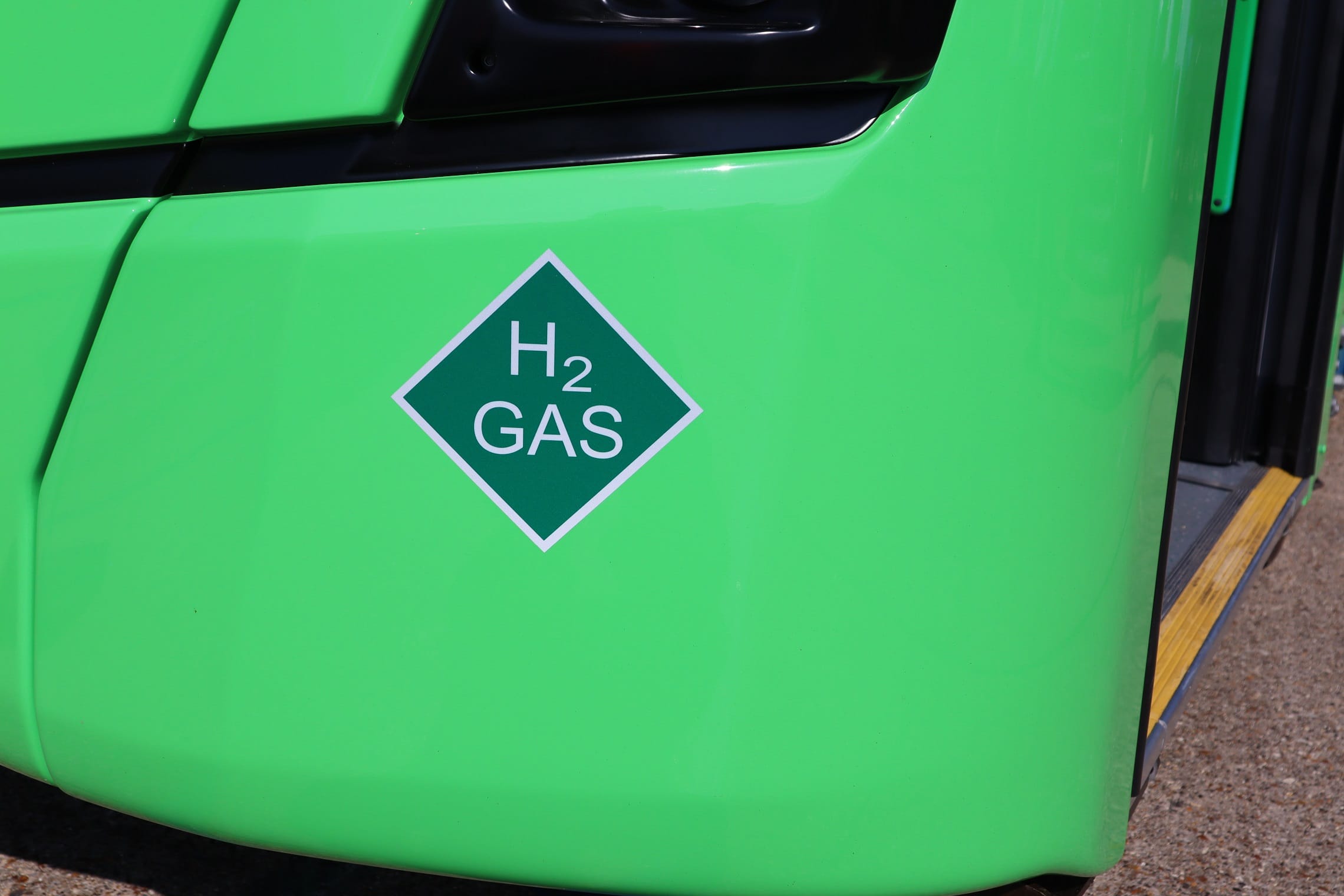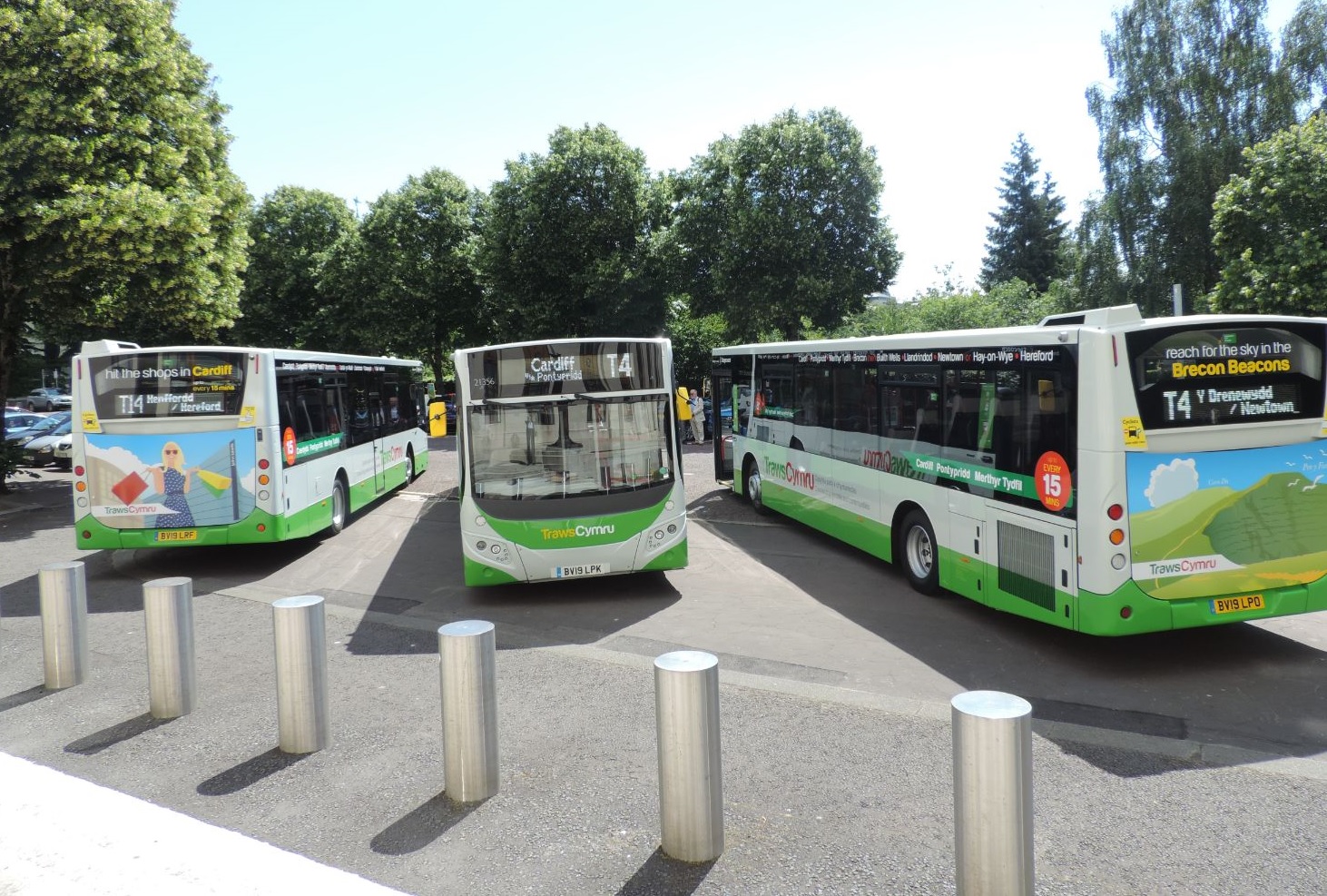Hydrogen combustion as a bus power source will not be regarded as a zero-emission for the purpose of grant and incentive funding streams in England, the Department for Transport (DfT) has revealed.
It is contained in a list of technologies that DfT specifically excludes from its definition of a zero-emission bus. That was published on 13 April as part of a toolkit for local authorities on such vehicles.
As hydrogen combustion is “not zero-emission at the tailpipe,” it is thus regarded by DfT as identical to diesel-electric hybrids and those that can operate in engine-off mode for only a short period. NOx is produced when hydrogen is combusted although carbon monoxide, CO2 and particulate matter are not.
While no OEMs in Europe currently produce a coach or bus with a hydrogen combustion engine, Cummins has promoted both hydrogen fuel cell-electric and hydrogen combustion power for road applications. It says that in the latter case, “most” NOx emissions could be removed by exhaust aftertreatment.
Cummins believes that hydrogen combustion will first be seen globally in medium- and heavy-duty applications, although it notes that combustion and fuel cell consumption of the fuel represent “complementary technologies.”
Wrightbus Managing Director Neil Collins previously told routeone that the Ballymena manufacturer did not rule out examination of hydrogen combustion to complement its existing work on fuel cells and battery-electric power.
However, Zemo Partnership Project Manager Dan Hayes has expressed doubts that hydrogen combustion will be seen in the UK bus market, noting that a poor efficiency when compared to the element’s use in a fuel cell is a further negative in addition to the production of NOx.



























